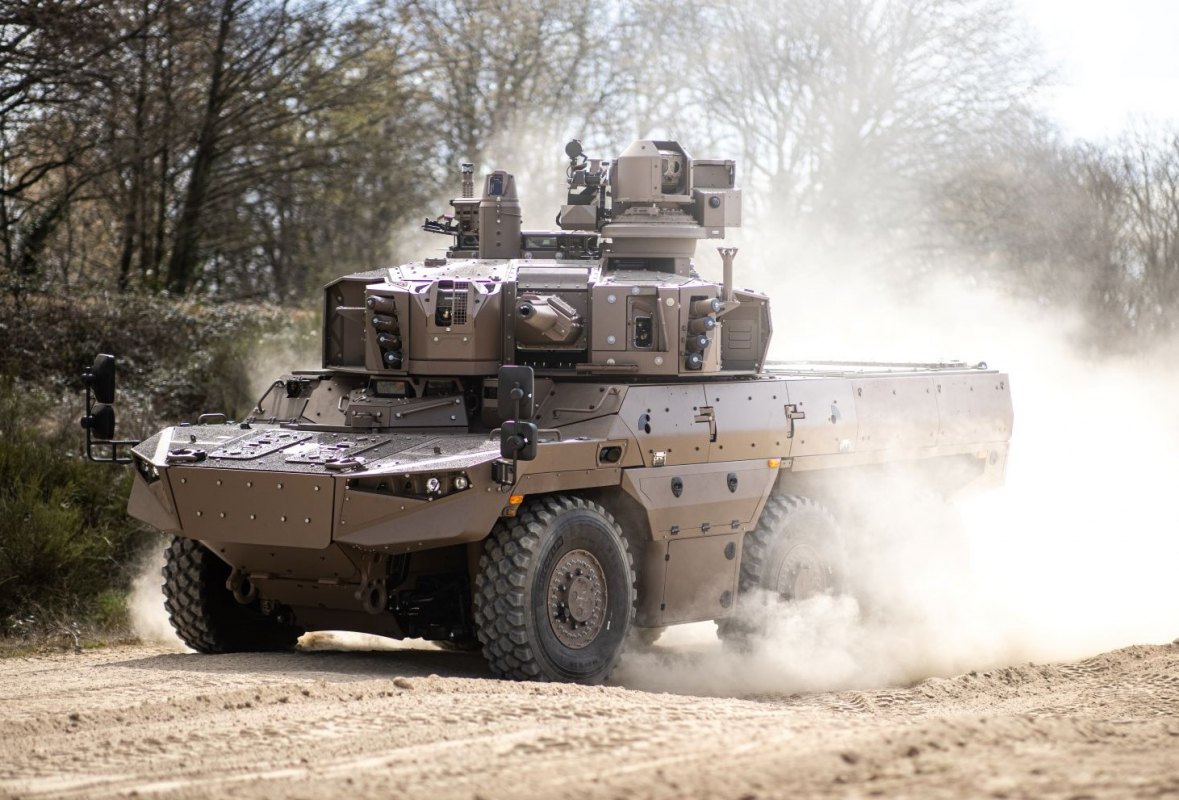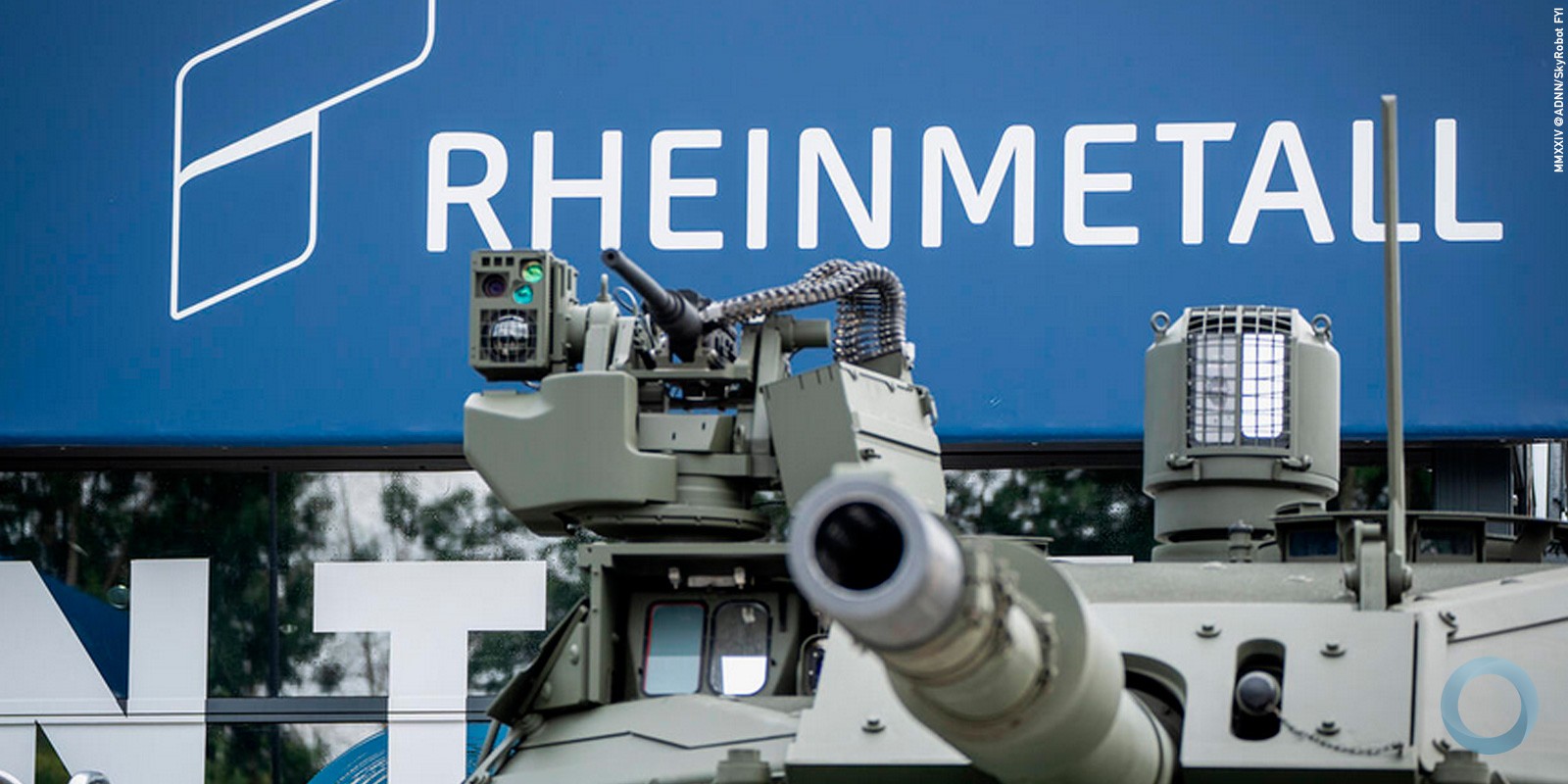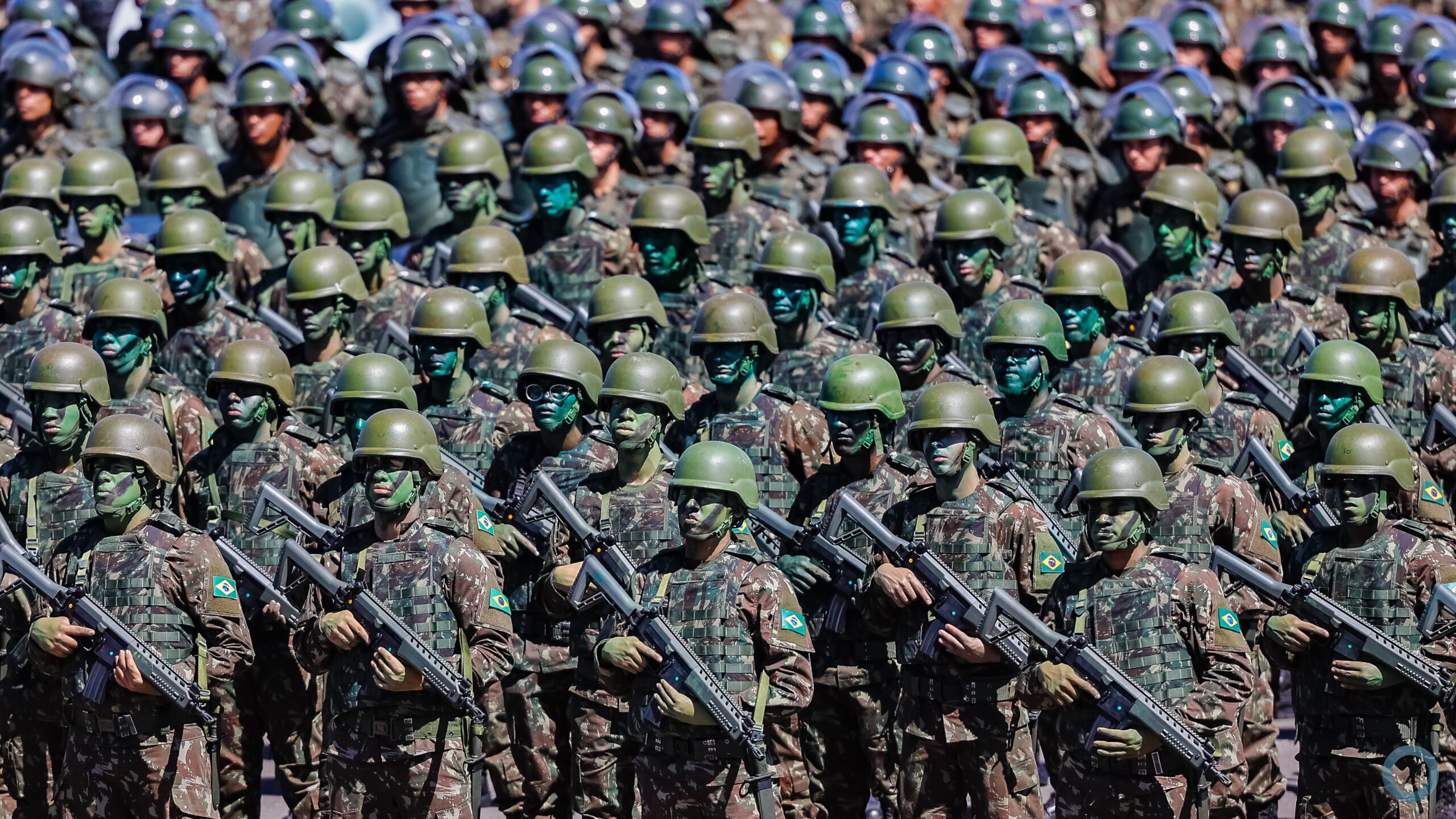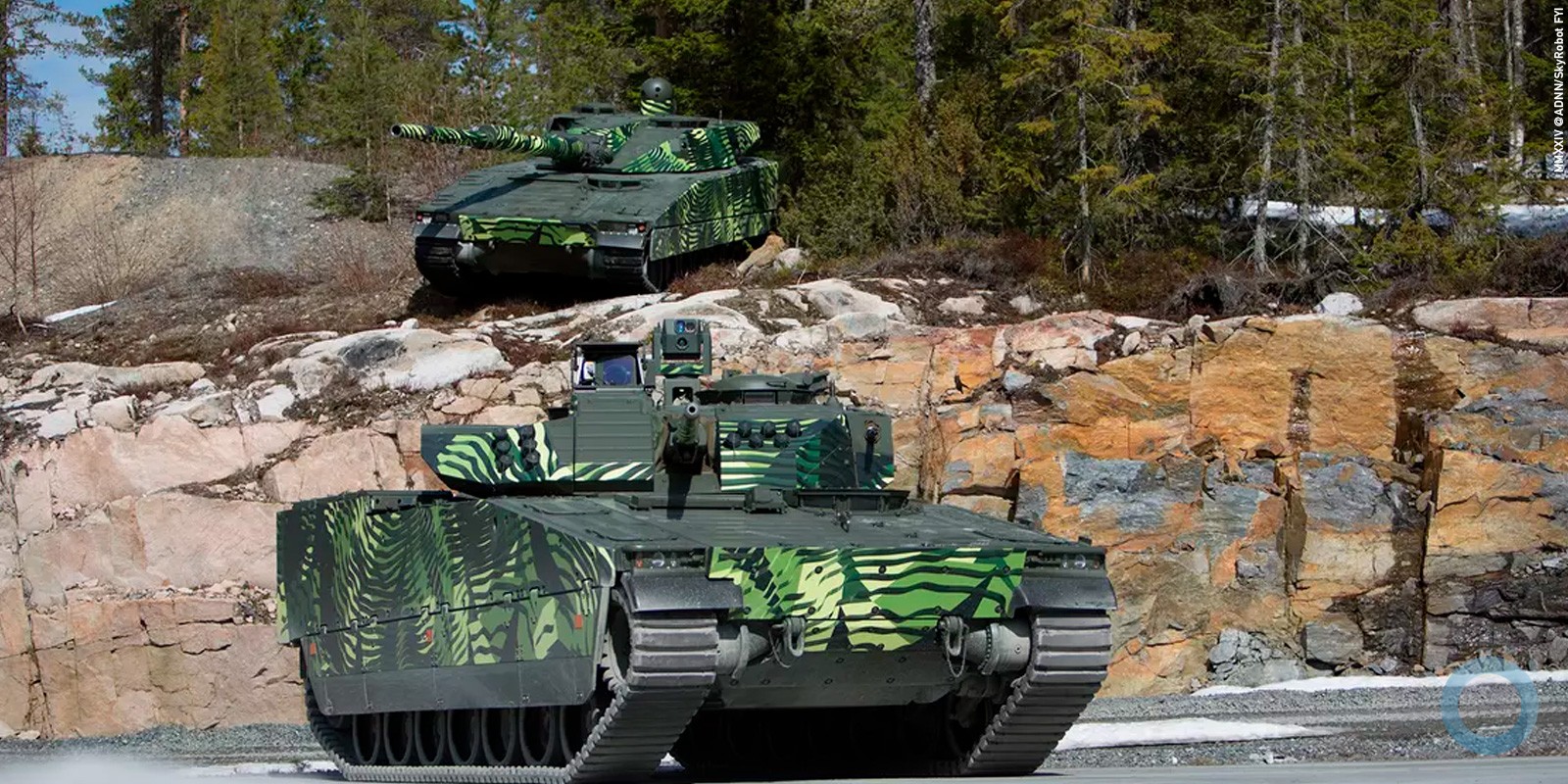Marcos Ommati/Diálogo
The second week of 2015 was a busy one in the Palácio do Planalto, headquarters of the Brazilian government. President Dilma Rousseff and the newly sworn-in Minister of Defense held many meetings to decide who would lead the country’s Armed Forces.
General Eduardo Dias da Costa Villas Bôas was chosen to head the Brazilian Army. Born on November 7th, 1951, in Cruz Alta, Rio Grande do Sul, Villas Bôas initiated his military career at age 16, when he joined the Brazilian Army’s Preparatory School in Campinas (São Paulo).
A swimmer and water polo athlete, the future commander of the Brazilian Army graduated from the Augulhas Negras Academy in 1973 as an officer candidate. After a brilliant career highlighted by having led the 1st Jungle Infantry Battalion in Manaus, and the Joint Chiefs of Staff of the Amazon Military Command, Villas Bôas was promoted to Army General in July 2011. In 2014, he became the head of the Army’s Land Operations Command and was among those responsible for planning the security and defense of the 2014 FIFA World Cup.
Diálogo spoke with General Villas Bôas to hear his thoughts during the LAAD 2015 Defense & Security exhibit in Rio de Janeiro, which took place from April 14 to 17.
Diálogo: What are your priorities as the new commander-in-chief of the Brazilian Army?
Army General Villas Bôas: The priorities are to continue with the Army’s transformative projects initiated by General Enzo. These transformations include: structural changes in management and innovation; IT governance; the creation of a new system of Military land doctrine, a new Military land logistics, a new military land operations system, the construction of the Center for Science and Technology in Guaratiba; the structuring of a new engineering system, improving the education and culture system; and the advancement of projects Força da Nossa Força (Strength of our Force), Amazônia Protegida (Protected Amazon), and Sentinela da Pátria (Homeland Sentinel).
These structural changes will create the conditions needed for SISFRON, PROTEGER, DEFESA CIBERNÉTICA, ASTROS 2020*, and the rest of the Army's seven strategic projects to be successful in developing new skills needed by the Land Force.
Diálogo: What are the main challenges of your new role?
Army Gen. Villas Bôas: Faced with the new challenges of the 21st Century, shielded by the legal framework that regulates its societal role, and supporting the commitments and values that guide the specificities of military life, the Army has been fulfilling its deterrent mission through a set of military tools that can be presented as a military response option to an attack against the people, the territory, or national sovereignty.
In addition, due to its military nature, permeability, and social coverage, the Brazilian Army is a large reserve of civic and moral values dear to our evolving society. Thus, the biggest challenge is directly related to the preservation of these values, so that it can fulfill its constitutional mission while retaining full operational capability.
Diálogo: Why is an expo like LAAD important for the Brazilian Army?
Army Gen. Villas Bôas: LAAD is a major international defense expo in Latin America, so it fosters knowledge exchange in the defense area. It is an opportunity to project the Brazilian Army and the country's image abroad, especially considering the proximity of the 2016 Olympic and Paralympic Games.
Besides, LAAD is successful in disseminating the activities of the Land Force, especially those linked to the Army Strategic Projects. It shows society and the defense industry what is being produced within our institution.
LAAD 2015 is also a forum devoted to discussions and presentations by the world’s most prestigious companies and organizations in the industry.
It will certainly provide the Industrial Base of National Defense the opportunity to show the Brazilian Armed Forces its advances and technological innovations. It is undoubtedly an excellent time to interact with various countries and enable Brazilian society to deepen its knowledge of defense products and the strategic interests of Brazil.
In summary, LAAD promotes the exploration of defense products and materials; strengthens the relationship between the Army and the Defense Industrial Base (DIB); and allows for better interaction between the Army’s Strategic Projects and potential goods and services suppliers.
Diálogo: What is your opinion on the Brazilian Army’s participation in actions such as the repossession of some of Rio de Janeiro’s favelas ?
Army Gen. Villas Bôas: The Army is a secular institution based on hierarchy and discipline, and it must be ready to fulfill its constitutional mission, which includes the participation in Law and Order Enforcement Operations (LOE).
The Land Force members’ excellent preparation and modern equipment and doctrine, combined with the strong leadership of unit commanders at all levels ensures compliance with LOE missions assigned to the Brazilian Army.
The results of the Brazilian Army’s action in the communities of Penha and Alemão were very positive, as shown by the statistics provided by the Public Security Institute of Rio de Janeiro, according to which there was a decrease by about 9 percent in the murder rate (with intent to kill), a reduction of about 20 percent in the incidence of bus robberies, and a 44 percent decrease in auto thefts in the region.
Regarding the Maré Complex, from April 2014 to date, the Pacification Force has achieved significant success, as the numbers show, with over 65,000 actions undertaken by the Pacification Force. This total includes 570 arrests, 224 arrests of minors committing illegal acts, and 1,205 seizures of drugs, weapons, ammunition, vehicles, motorcycles, and various materials.
The Pacification Hotline, which has been in operation for almost a year, has received over 2,300 tips, demonstrating the public’s support for the work done by the military.
All these arrests and results provide an increased sense of security with indirect improvement in the quality of life of that region’s residents.
Diálogo: What lessons can be learned from the Army’s participation in the Military World Games in 2011, and the World Cup in 2014?
Army Gen. Villas Bôas: Brazil and the city of Rio de Janeiro hosted the 5th Military World Games in 2011, considered the third largest sporting event on the planet, which served as a test for the 2014 World Cup and the 2016 Olympics.
The Military World Games were held in Brazil with the participation of around foreign and Brazilian 6,000 high-performance athletes from more than 100 countries, and it consolidated the image of Brazil and the city of Rio de Janeiro as centers capable of handling major international sporting events.
Regarding the participation of the Brazilian Army in security actions for the 2014 FIFA World Cup, we can say that those actions were extremely positive for the maintenance of public confidence in our Armed Forces.
In addition to contributing significantly to the event’s safety, deploying the Army in defense actions and in support of public safety left a significant legacy. Of note is the improvement in the Army’s interagency relations with other military branches, as well as other government organizations and agencies involved in the security of the World Cup.
The Army employed around 36,000 men and women in pre-established pivotal areas within the security plan. Thus, we can assume that the World Cup represented the highlight of the Army’s participation in major events.
Diálogo: Is Brazil in a position to stay in the United Nations Mission for the Stabilization of Haiti (MINUSTAH) indefinitely if so requested by the UN and Haiti?
Army Gen. Villas Bôas: As a United Nations member country, Brazil must respond to the organization’s mandates. However, Brazil's permanence in MINUSTAH is a decision taken by the Brazilian government based on its foreign policy. It is the Army’s duty to support the government's decision and seek the best solution for the missions to which it has been assigned.
Diálogo: Why is it important for Brazil to participate in contingents such as the MINUSTAH?
Army Gen. Villas Bôas: In general, it is not possible to measure the results, given that they are intangible values. However, the participation of Brazilian troops in peacekeeping missions has shown benefits such as the promotion of a positive image of Brazil to the international community; increased troop employment capacity under logistics and complex operating conditions; enhanced motivation, self-esteem and camaraderie of the members of the Land Force; maintaining a high degree of institutional operability and credibility; opening new perspectives to the Land Force in the face of unfolding new operating environments; strengthening activities related to the preparation and use of the peacekeeping force; the opportunity for peacekeeping mission training for more military service members; providing the opportunity to reequipping the Land Force; and the opportunity to exchange knowledge and share experiences with contingents from other countries.
One must consider that all of this is intended to contribute to the effort promoted by the Brazilian Army in the search for a troop of employment doctrine on peacekeeping missions. Finally, to represent our country in peacekeeping missions is considered a great honor among our Soldiers. There is no denying the success of Brazilian troops in carrying out their missions.
Diálogo: How do you perceive the cooperation between the Brazilian Army and those of other countries in the region, including the United States?
Army Gen. Villas Bôas: The Brazilian Army operates on the international stage according to Brazilian Foreign Policy (BFP) and the guidelines issued by the Ministry of Defense. In this context, the Institution prioritizes cooperation with countries in the South American regional environment, since the maintenance of a climate of friendship and integration among the countries of this region have a significant impact on border security. Consequently, the Army maintains a high level of military cooperation with the countries of the subcontinent, and it has implemented actions aimed at building mutual trust. Bilateral activities are usually agreed upon while conducting biannual bilateral conferences with all South American armies and regional meetings of military exchange (annual), along the border with neighboring countries.
As far as the United States is concerned, the Brazilian Army has historically maintained excellent relations in the military aspect. The Institution prioritizes the cooperation with that friendly nation due to the opportunities it offers in the doctrine and science & technology areas, and because it is a prominent player in the continental and global security arenas. Currently, agreements between the two countries are discussed in annual bilateral meetings.
* SISFRON: Integrated Border Monitoring System
PROTEGER: Strategic Land Structure Protection System
DEFESA CIBERNÉTICA: Computer Defense System
ASTROS 2020: Rocket and missile launch battery system


























